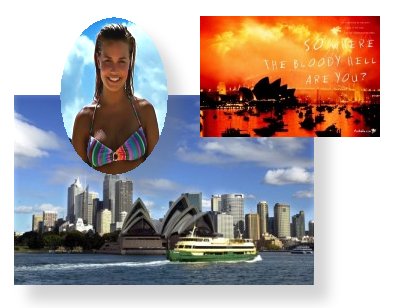 Online newspaper items: see the end of this outline (after the list of newspaper sources) for a google search facility with which to attempt to access newspaper items still online or cached by third parties.
Online newspaper items: see the end of this outline (after the list of newspaper sources) for a google search facility with which to attempt to access newspaper items still online or cached by third parties.


 Online newspaper items: see the end of this outline (after the list of newspaper sources) for a google search facility with which to attempt to access newspaper items still online or cached by third parties.
Online newspaper items: see the end of this outline (after the list of newspaper sources) for a google search facility with which to attempt to access newspaper items still online or cached by third parties.
|